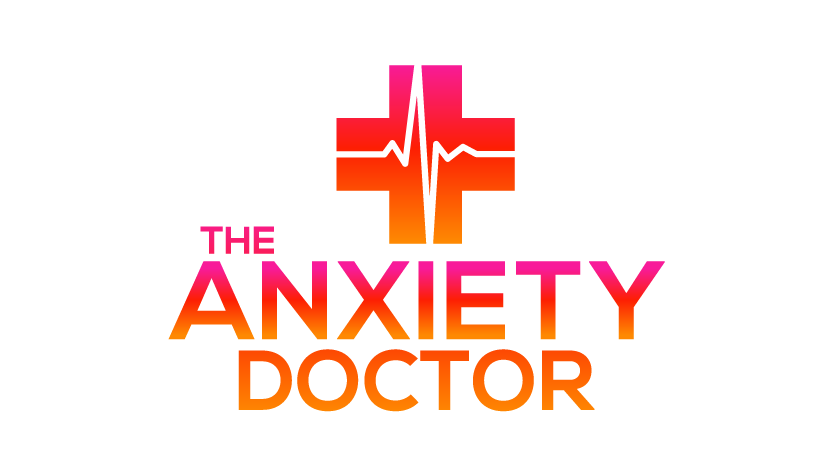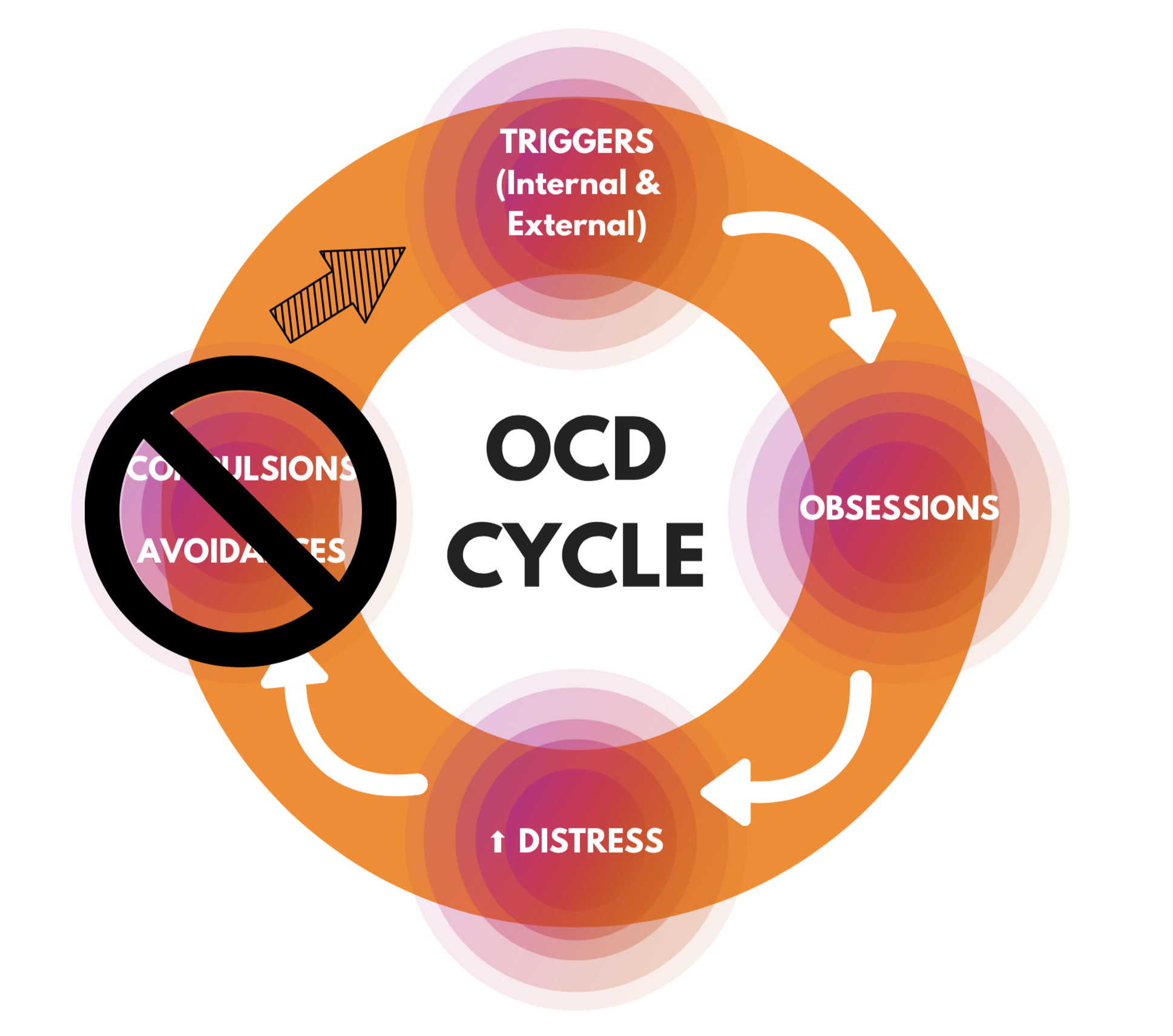The Key To Controlling Your OCD Lies in Understanding How to Starve It
If I only could tell you one thing to help you in your goal of controlling Obsessive-Compulsive Disorder, it would be an easy choice. The single, most important piece of information that will make the most impact would be for you to understand what you are already doing that is keeping the OCD strong. This is crucial to you taking the control back.
I believe OCD is so treacherous because it forces you to question your own instincts! We are taught to trust our gut and if we feel something is wrong, even if we don’t know what specifically, we take steps to keep ourselves safe. The problem with that, is that while that works for people without OCD, it’s not that simple for folks with OCD. In fact, if an individual with OCD follows his or her instincts, then oftentimes they actually feed the OCD. However you can (and should) do something to fix this.
Naturally we want to do the thing that will help defend us from distress. So what do you do when that ‘preventative’ thing causes even more distress than the actual harmful thing? Think about the following example:
Tara has a strong feeling she forgot to lock her front door. She’s already halfway to work and it would make her late to turn around and go back to make sure. She racks her brain for the visual memory of locking the front door this morning, but can’t see it in her mind. She’s frustrated and she worries about what might happen if it’s not locked. She also worries that if she turns around, her boss will call her out for being late again. As she drives, she feels her anxiety mount higher and higher and she decides she must act on the greater fear. She turns the car around and heads back to check the door. When she gets home, she grabs the door knob and discovers it was indeed locked. Tara is flooded with relief. She thinks that it was good she checked, otherwise she would have had a hard time getting through her entire workday.
Let’s use this scenario to illustrate how Tara just strengthened her OCD - and weakened herself. In order to do that, we should establish some terms.
TRIGGER - These are cues in your environment or inside your own body, that precede an obsessive thought. Triggers can be internal (ex: mental image flashes through your mind, physical sensation, sudden memory) or external (ex: person, setting, activity, object).
OBSESSION - An idea, thought, or mental image that continually preoccupies or intrudes on a person's mind
DISTRESS - I know you know what distress is, however for our purposes here please keep the following types of distress in mind: anxiety/fear/panic/terror, irritability/annoyance/frustration/anger, or plain discomfort. This is not a complete list of the types of distress OCD creates, but you get the idea.
COMPULSION - An irresistible urge to behave in a certain way, sometimes even against one's conscious wishes
AVOIDANCE - The action of keeping away from or not doing something; or the action of preventing something from happening
When Tara is driving to work she has a strong feeling she forgot to lock the door. Her car (external), the act of driving to work (external), a mental image of her front door (internal), or even a mental image of someone breaking into her home (internal) are all possible triggers.
TRIGGER ➠ OBSESSION
Suddenly, Tara has a familiar thought: “I don’t think I locked the front door!” This is not a thought she wanted to have. She had no control over it. It just popped into her head. It was the obsession.
As a result, Tara felt frustration, worry, and anxiety in general. This is all happening so fast. It is is hard to separate the thought from the resulting feelings, or distress.
OBSESSION ➠ DISTRESS
Instinctively, Tara wants to get rid of the distress! She is stuck in an uncomfortable position of ‘not knowing’ and the logical solution would be to ‘find out.’ Therefore she decides to turn the car around and check, which is a compulsion.
DISTRESS ➠ COMPULSION
Having done this compulsion, specifically going back and checking that the door was locked, Tara is flooded with a feeling of relief.
COMPULSION ➠ RELIEF
This relief is what reinforces the Obsessive-Compulsive cycle.
Tara has trained her brain to do the exact same thing next time she is faced with the same triggers. Why? Well if you are experiencing distress and then find a solution to getting rid of that distress, your brain thinks it worked. Her brain learned this and will reinforce all the decisions she made to get that relief.
But the brain won’t be satisfied with this forever.
Over time, Tara will not be satisfied for the rest of the day after checking her door once. Her brain will give her urges to check more frequently throughout the day. And in the worst case, Tara may engage in avoidance and decide to forego leaving the house at all for fear of the distress. Take a look at what this self-reinforcing cycle looks like:
Feeding the OCD Cycle - © The Anxiety Doctor
Imagine that with each time around, the arrows, or associations get thicker and more reinforced. After a while, it becomes very difficult to stop the momentum of the cycle. And many people never know that their own actions are strengthening, or feeding the OCD!
What do you do?
You have one goal: STARVE THE OCD CYCLE
OCD Cycle Goal - © The Anxiety Doctor
You have arrived at the key. The goal of successfully managing your OCD is to eliminate the avoidances and compulsions. This is possible because these are behaviors. You can learn to control behaviors through mindful awareness. Knowing (mindfulness) is half of this battle. The other half is resisting the behavior. Be stubborn. Decide to resist the brain's automatic urges to give into the compulsions and avoidance. You are more than just your brain's urges. Your mind will learn when an urge is OCD-related and when it is not. Aim for excellence in your resistance, because there is no such thing as perfection. Every effort you make today will make tomorrow easier.
This article is for informational purposes only, even if and to the extent that it features the advise of medical practitioners. This article is not, nor is it intended to be, a substitute for professional medical advise, diagnosis, or treatment and should never be relied upon for specific medical advice.





